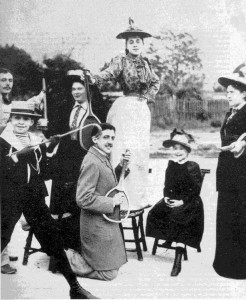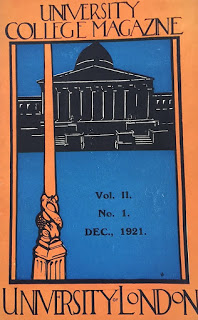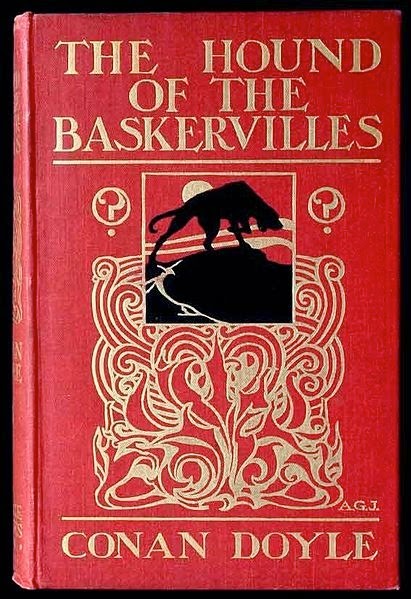The contribution of W.O.G. Lofts ( 1923 – 1997) to the history of boys’ fiction in the British periodical press is immense. ‘Bill’ Lofts, a mechanical engineer by training, but a fact-collector by inclination (why did he never enter BBC’s Mastermind ?), was also interested in detective stories. Sexton Blake and Sherlock Holmes were two creations on which his skills as an astonishingly assiduous researcher were exercised to great effect. Years spent among the riches of the British Museum Periodical Library at Colindale on projects which probably no-one else had either the energy or commitment to pursue produced what turned out to be invaluable guides to the more obscure purlieus of popular literature. One such study was The Adventures of Herlock Sholmes: a History and Bibliography, a pamphlet co-written in 1976 with the owner of the Dispatch Box Press, Jon Lellenberg, an expert in the history of Sherlock Holmes in parody and pastiche.
According to Lofts and Lellenberg, the story of the Herlock Sholmes parodies was also the story of their creator, Charles Hamilton (above) the most prolific writer in the English language, who as the mainstay of Amalgamated Press, is estimated to have written around 72 million words in his whole career , the equivalent of a thousand full-length novels. Using the pen name ‘Peter Todd’, which was the name of a pupil at Greyfriars School, which Hamilton had dreamed up for The Magnet, Hamilton made Todd a contributor of Sherlock Holmes parodies to The Greyfriars Herald, the school’s own newspaper, which Amalgamated Press brought out as a separate publication.
Continue reading
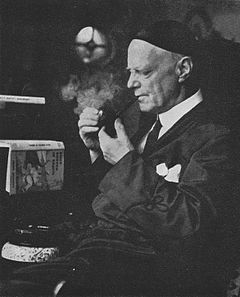
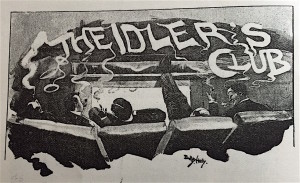
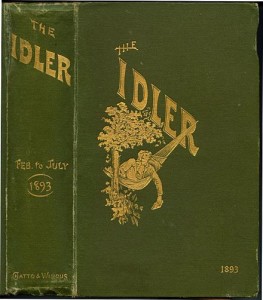
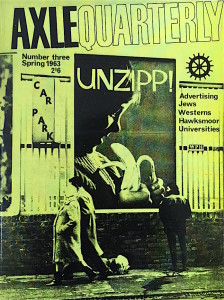
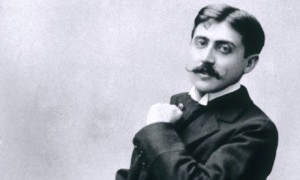 This the last part of a two part posting. See
This the last part of a two part posting. See 